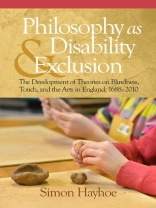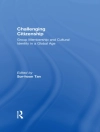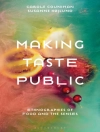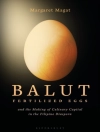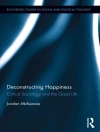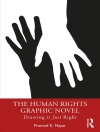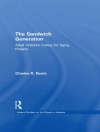Philosophy as Disability and Exclusion examines the history of ideas on arts in the education of people who are blind in England, from 1688 to 2010. This book also examines a number of the earlier influences on the enlightenment, and the international context of this topic. The two hypotheses on which this study is based are:(1) Our understanding of blindness in English intellectual culture is less to do with homologous physical characteristics. Instead it is more to do with an ethical philosophy of human capacity.(2) The arts education of people who are blind through touch tells us much about our psychology of mythologies and the intellectual construction of human thought. Furthermore, the myth that people who are blind are incapable of visual arts and have an enhanced capacity for the musical arts is one of the most engrained modern folklores. It is part of our cultural, intellectual and philosophical conscience.In the process of investigating these hypotheses, this book argues that philosophies have linked immorality, intelligence and physical ability. These have become connected in ways that are unrelated to eyesight in order to fulfill broader cultural processes of developing social theory. In this book, the process of knowledge creation is termed passive exclusion and is analyzed through an epistemological model of examining disability and exclusion.
Simon Hayhoe
Philosophy as Disability & Exclusion [EPUB ebook]
Philosophy as Disability & Exclusion [EPUB ebook]
Acquista questo ebook e ricevine 1 in più GRATIS!
Formato EPUB ● Pagine 189 ● ISBN 9781681232355 ● Casa editrice Information Age Publishing ● Pubblicato 2015 ● Scaricabile 3 volte ● Moneta EUR ● ID 5984089 ● Protezione dalla copia Adobe DRM
Richiede un lettore di ebook compatibile con DRM
